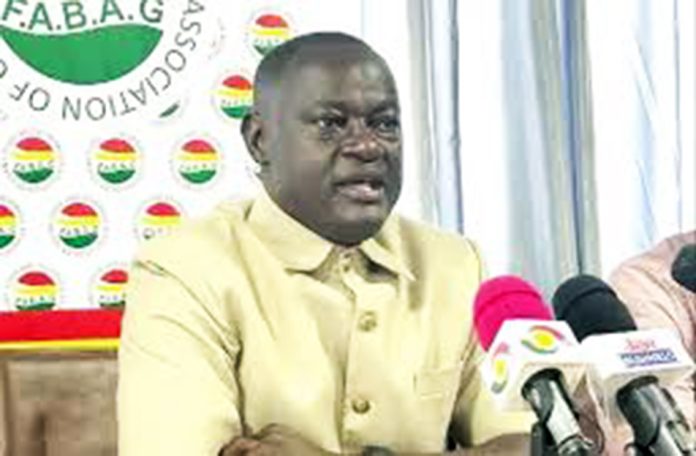The Food and Beverages Association of Ghana (FABAG) has said recent revelations by Parliament’s Public Accounts Committee (PAC) exposing financial indiscipline and operational inefficiencies within the Electricity Company of Ghana (ECG) vindicate its long-standing demand for reforms and efficiency before any tariff increase.
According to the PAC’s disclosures, ECG failed to account for significant sums of public funds, engaged in unapproved expenditures, and demonstrated poor internal financial controls. FABAG noted that these findings confirm what it has consistently maintained — that ECG’s persistent financial troubles are not primarily caused by low tariffs but by weak financial management, revenue leakages, and operational inefficiencies.
In a statement issued in Accra, FABAG said such practices undermine public confidence and unfairly burden consumers who are continually asked to pay higher tariffs to cover inefficiencies within the company.
“The persistent financial troubles of ECG are not primarily due to inadequate tariffs but rather the result of weak financial management, revenue leakages, and operational inefficiencies,” the statement emphasized.
FABAG reiterated that efficiency, accountability, and transparency must precede any consideration of tariff adjustments, adding that it is unjustifiable to demand higher electricity tariffs from consumers and businesses when ECG continues to lose funds through waste, mismanagement, and poor governance.
The Association therefore called on the Ministry of Energy and the Energy Commission to institute immediate performance audits and accountability measures within ECG to ensure the prudent use of public resources.
It further urged the Public Utilities Regulatory Commission (PURC) to suspend any ongoing or future tariff review processes and instead adopt an “efficiency-first” approach that ties tariff adjustments to measurable performance improvements.
FABAG also called on the management of ECG to publish a clear roadmap outlining cost-cutting measures, loss-reduction strategies, and reforms aimed at improving financial discipline and operational effectiveness.
“Ghanaians deserve reliable electricity at fair prices — not higher tariffs to finance inefficiency,” FABAG stressed, adding that efficiency and accountability are the cornerstones of a sustainable power sector.
The Association said it remains open to public dialogue and collaboration on issues affecting the nation’s power sector and invited ECG to an open debate on the matter if it disagrees with any aspect of its position.









